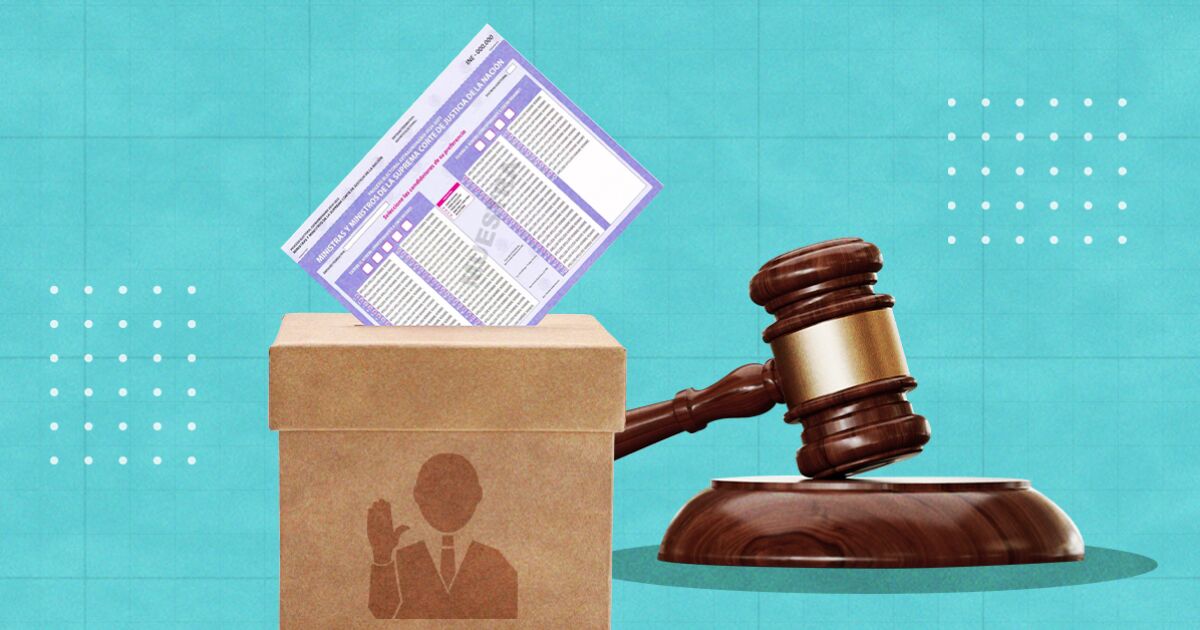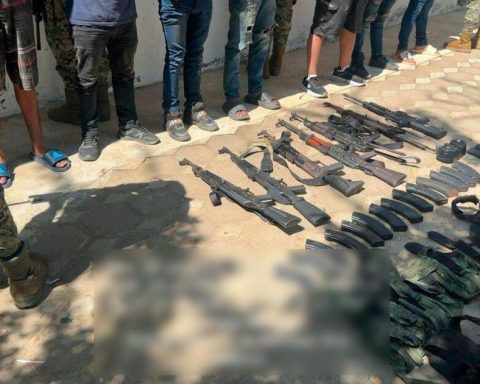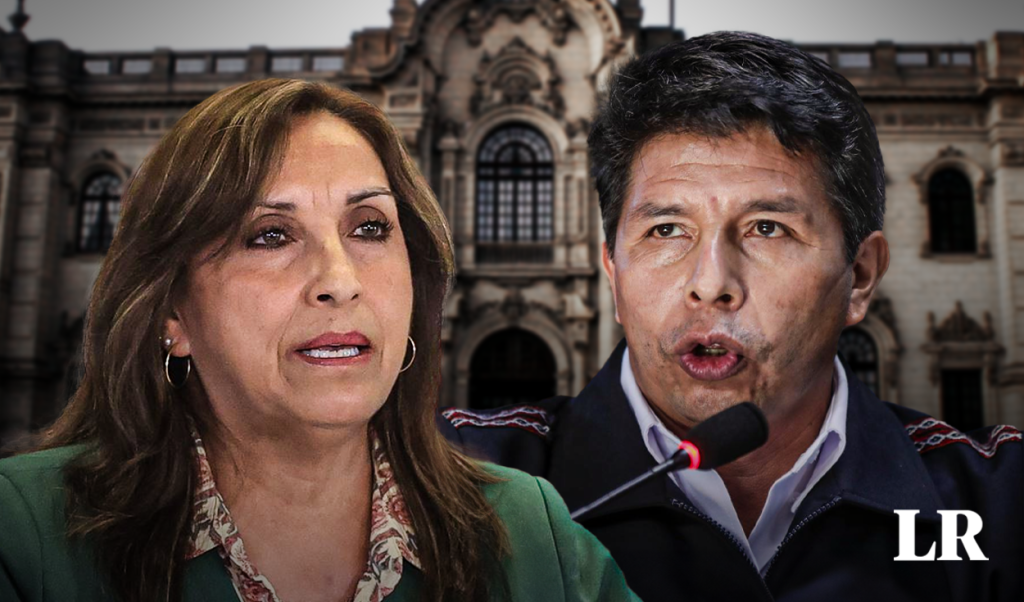For the judicial election, the places where people will go to vote were cut to less than half of the polling stations installed in 2024: they will be at least 73,850 voting centers or maximum 86,000 “sectional polling stations”if the budget expansion requested by the National Electoral Institute (INE) for 1,551 million pesos is finalized.
If successful, a total of 7,670 million pesos will be dedicated to the judicial election on June 1.
The INE advisors have announced that, in the new design of the judicial election, the counting of results in each polling station or voting center will be eliminated.
The former executive secretary of the INE, Edmundo Jacobo Molina, considers that this will be the “most serious alteration” to the model applied to date in the conduct of the elections.
“If they do that, they increase doubts and uncertainty, since the characteristic of our elections is that they are very citizen-based and that character would be affected.”
Edmundo Jacobo Molina, former executive secretary of the INE.
The “citizenization” of the elections
For 33 years, first the IFE and then the INE, have applied a expensive electoral modelbut it is the same political actors who have included it in the law, due to distrust in the elections.
He The main electoral lock is citizen participation chosen at random—and not linked to any party or the government—whom the electoral authority visits, convinces and trains to be poll workers, receive votes and count them. That is the “citizenization” of the elections.
This control measure is summarized in an image: it is the neighbors, friends or relatives of the voters who serve as the officials of the polling stations closest to their homes and, at the end of the day, they are the ones who count the votes and settle them. in minutes and on paper sheets that they place outside the voting stations: 170,000 in the June 2024 election.
What changes will there be in the judicial election?
The Voting centers for the June 1 judicial election have been reduced to at least half, in order to reduce costs, but the decision was made not only to save all the expenses necessary to enable ballot boxes and boxes with tables, contracting emergency power, bathrooms and feeding of officials, but also to drastically reduce the number of Electoral Assistant Trainers (CAES) and Electoral Supervisors to be hired.
Thus, in each voting center several tables will be gathered to vote, but this time There will not be ballot boxes differentiated by color to deposit the ballots according to the type of position to be chosen.; Instead, it is planned to have single or multi-ballot boxes so that the votes cast in favor of all the positions subject to election can be deposited together.
The idea is that all the multi-ballot boxes are transferred to the District Councils and there they are opened to count the votes. That is, in an unprecedented way, the counting of votes is heading towards being a centralized process in the 300 District Councils that exist throughout the country.
The difference is that until the last election, after the citizens who are polling station officials count the votes in them, write them down in minutes and on visible sheets that they place outside the country’s polling stations, they take the electoral packages to the Councils. Districts.
It is there where, on the Wednesday following the election, the official vote count is carried out based on the minutes received and, in case of doubt, electoral packages are then opened.
For the judicial election would omit that first citizen count of votes. In the District Councils, this process will be in charge of INE officials, who are specialized and career personnel, and since no political parties participate in the election, there will be no observance of them either.
















